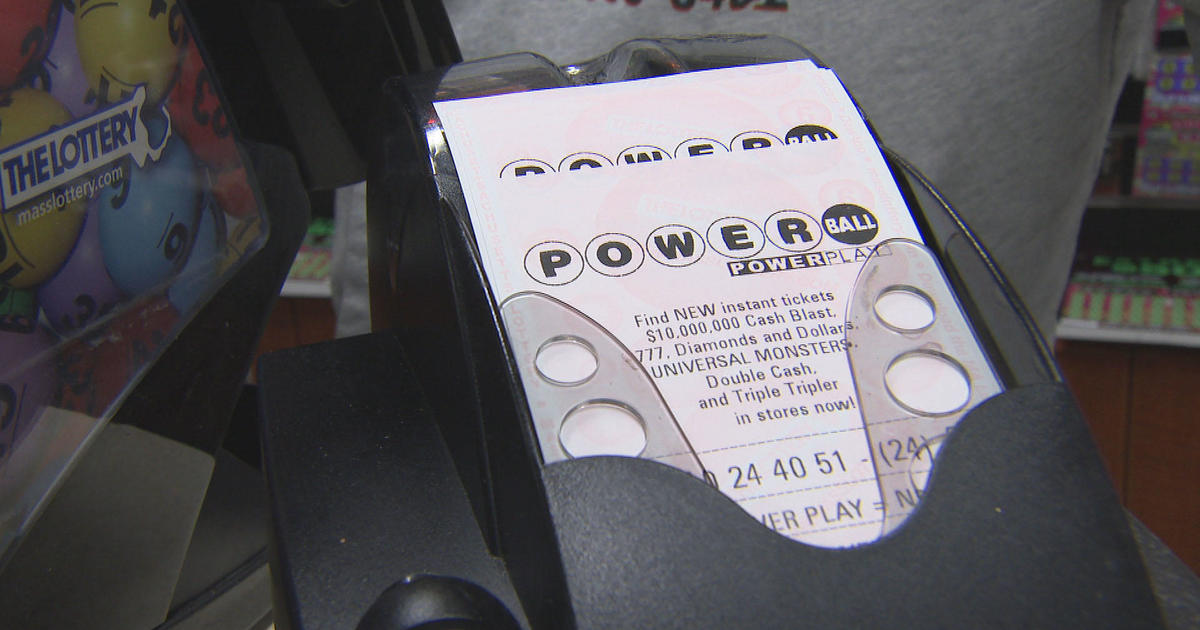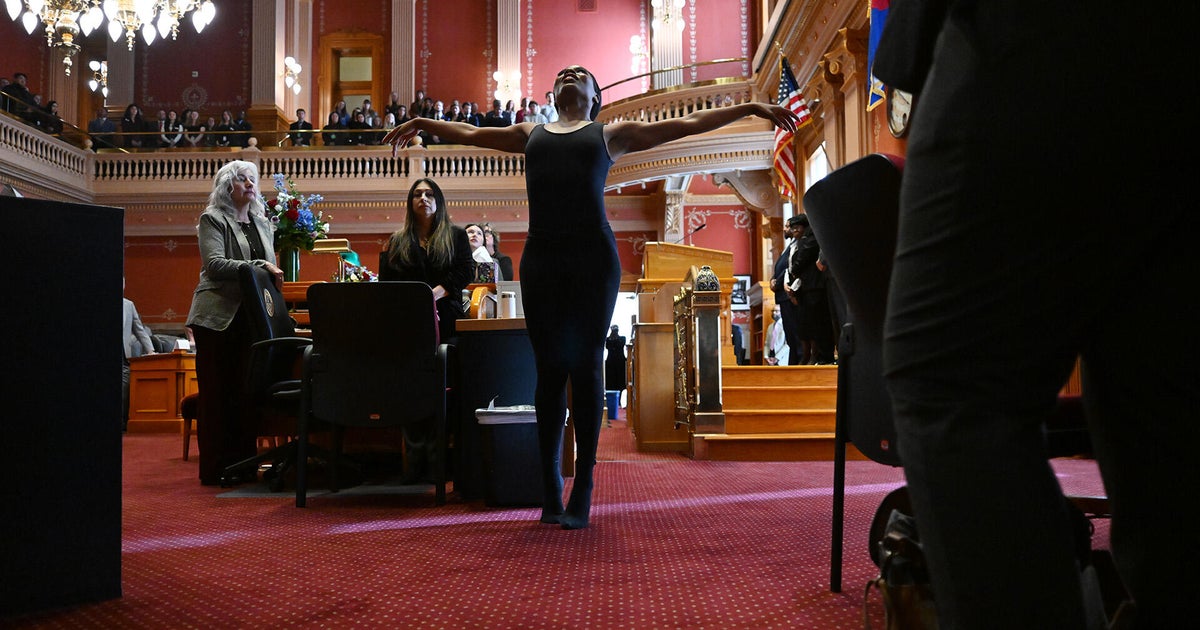Michigan Lottery Eyes Internet Sales Despite Opposition
By David Eggert, Associated Press
LANSING (AP) - The Michigan Lottery sees the Internet as its new frontier for business, where more tickets can be sold and games can be played to ultimately pump more money into public schools.
Some lawmakers fear increased gambling addiction, debt and a hit to brick-and-mortar stores participating in the lottery.
The debate is heating up as the Legislature sets spending for the next budget year. The Snyder administration is requesting more than $3 million to launch an "iLottery" in early 2014, thanks to a U.S. Justice Department opinion released 16 months ago that says states can offer Internet gambling as long as it does not involve wagering on sports.
The Republican-led Legislature is split over the iLottery, with the House agreeing to the funding request and the Senate planning to reject it. Differences are expected to be resolved in May.
Illinois and Georgia sell lottery tickets online. Pennsylvania and Massachusetts are exploring it.
Michigan officials say the move is crucial if the lottery is to stay relevant.
"You can buy almost anything you want on the Internet now. We really should not be any different," said lottery spokeswoman Andi Brancato.
If the lottery expands to the Internet, Michigan could deposit nearly $8 million more to education in year one, according to lottery estimates. That is peanuts considering the school aid fund received a record $780 million in lottery profits last fiscal year. But in an indicator of the potential for growth, profits could grow $471 million in the following seven years.
To some Republican legislators, the extra profits are not worth the trouble they envision with letting people play the lottery on their computer or phone.
"It's alarming that the state would be leading the charge in online gambling. State-sponsored, wherever-you-are-gambling on a credit card - that just doesn't pass the smell test for me," said Rep. Kevin Cotter, a Mount Pleasant Republican.
He said he has no problem with Lottery Commissioner M. Scott Bowen pursuing the iLottery because Bowen's job is to maximize profits.
"It's up to us as legislators to stand up and take issue with that source of revenue," said Cotter, who has introduced legislation to prohibit the sale of online lottery tickets.
He said his bill is needed because even if the lottery does not get additional funding to roll out the iLottery, it has a large enough budget that it could still carry out its intentions. The Senate budget as proposed includes language that would prohibit the lottery from spending any money on the iLottery.
In January, the lottery requested bids from companies interested in developing and supporting an online system and games. The winner was to have been announced this week but now is scheduled to be notified in mid-June.
Brancato said at this point the lottery is proceeding as planned but is closely watching what lawmakers do in the budget process. It is too early to say exactly how the iLottery would work and which games would be offered, she said, though the main intent is to sell tickets over the Internet.
Lottery officials say concerns about gambling addiction and racking up debt on a credit card are overblown because the technology of the Internet could restrict how much people play.
Players could pre-authorize the lottery, for example, to cut them off once they hit weekly or monthly caps on spending, Brancato said.
Critics are not convinced.
"We could have cases where people gamble away their home from their couch," said Sen. Rick Jones, a Grand Ledge Republican who also is sponsoring legislation to kill the iLottery before it gets off the ground.
GOP Gov. Rick Snyder has expressed confidence that an Internet lottery will not harm convenience stores and restaurants. His administration also thinks the move can be made without contradicting a 2004 state constitutional amendment requiring most new gambling to be OK'd by voters at the state and local levels.
"If they're inclined to grow the market, I think that sounds reasonable to me," said Rep. Earl Poleski, a Jackson Republican and chairman of the House budget subcommittee that handles the lottery budget. "In days of limited dollars available for (schools), it would be imprudent to not consider how to grow that revenue."
MORE: Michigan Lottery Gears Up For New Online Sales
© Copyright 2013 The Associated Press. All Rights Reserved. This material may not be published, broadcast, rewritten or redistributed.







